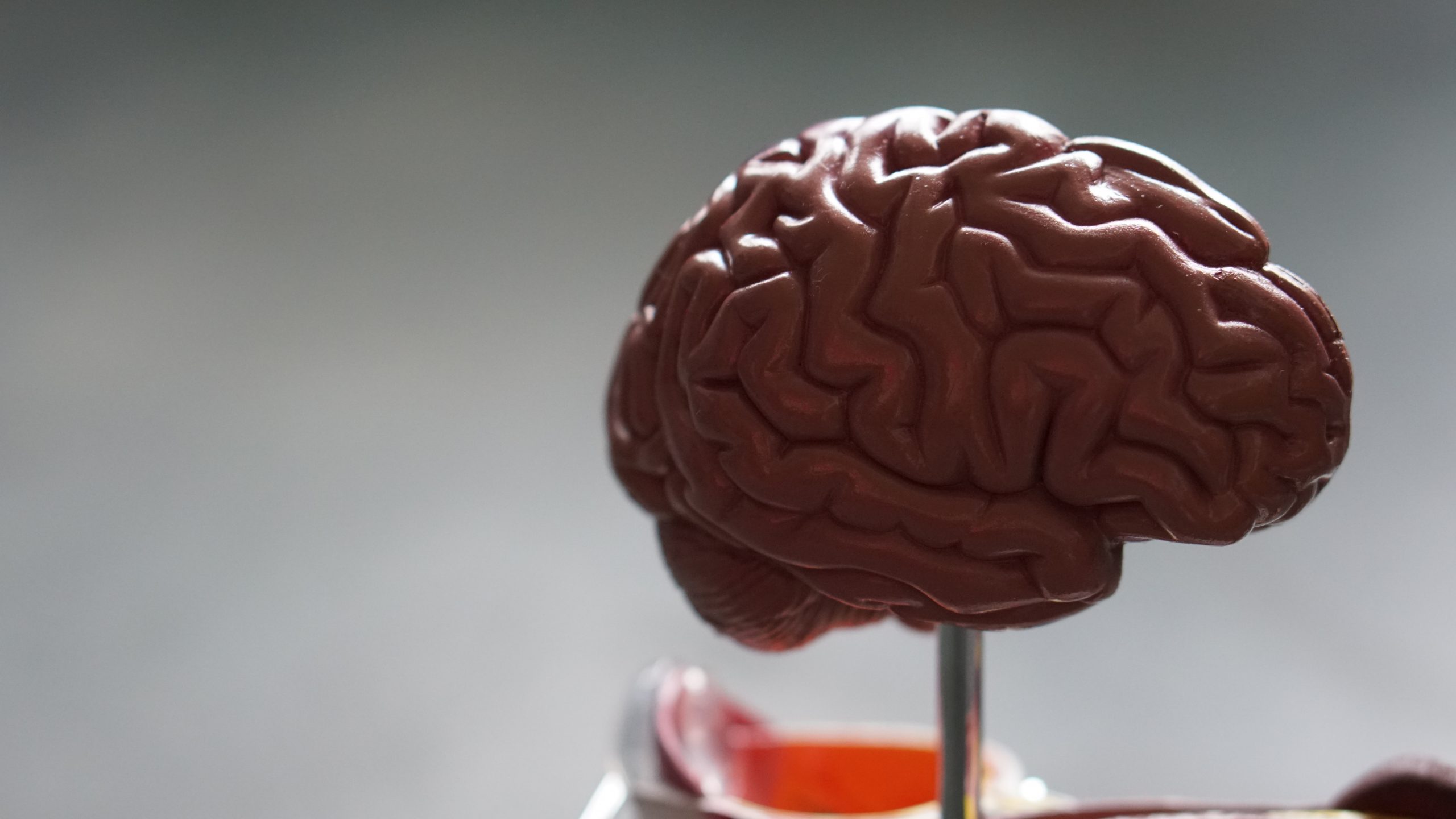What is a concussion?

Concussions can be scary injuries to deal with, and they can happen to anyone. Luckily, with an increase in awareness of the topic, brain injury research towards concussions has been growing. Increasingly, more studies are conducted every day towards diagnosing, treating, and preventing concussions.
A concussion is a type of traumatic brain injury caused by a hit, a bump, or a blow to the head or to the body that causes the head and brain to move back and forth rapidly. The brain bouncing back and forth or twisting in the skull can cause chemical changes and damage brain cells. While not every concussion will result in loss of consciousness, some of the signs and symptoms include headaches, neck pain, dizziness and balancing problems. More severe symptoms include nausea, vomiting, light sensitivity, memory problems, concentration problems and confusion.
Most people who get concussions will recover within a few weeks of the initial injury. However, about 10 to 20 per cent of those who suffer from concussions may go on to develop chronic problems. These problems may include changes in mood, depression, anxiety and problems with concentration. While this is a small minority, concussions that linger can greatly impact the lives of those affected. Luckily, more research to study concussions are being conducted every day to make them easier to diagnose and treat.
Research on concussion diagnosis
Concussions are difficult to diagnose. Currently, there is no diagnostic marker to test for that indicates if a person has suffered a concussion or not. Diagnoses typically come from patients telling doctors about their symptoms, rather than tests being conducted.
Research into diagnosing patients with concussions continues to grow. In London, Ontario at Western University, a blood test is being studied which could test for if a person has suffered from a concussion. The test looks at 174 different brain chemicals that change in response to brain injuries. The test is said to be accurate nine out of 10 times, making it one of the most reliable tests yet.
At Simon Fraser University in British Columbia, a study used brain imaging scanners and artificial intelligence to diagnose patients. The scanner looked at brain activity, which was then analyzed by an artificial intelligence program. The test was accurate 88 per cent of the time.
Researchers at Northwestern University in Illinois have found patterns in auditory responses of children who have had concussions compared to those who have not. The test observes brain activity while the person is being exposed to auditory stimuli. These three studies being done on concussion diagnosis are only the tip of the iceberg in terms of studies being conducted. With growing brain research, more methods to diagnose those who have suffered from concussions will be discovered.
Research on concussion recovery
While diagnosing concussions is difficult, providing suitable recovery can also be difficult. Some people who suffer from concussions will recover within seven to 10 days after the initial injury, but many others will take longer and some may encounter symptoms of the concussion long after the injury. Rest is one of the most important factors in recovery for concussions. Studies have shown that recovery times take longer for those who don’t rest enough. A study of high school athletes found that those who did not rest after a concussion would double their recovery time, with the average being 22 days of recovery if the athlete rested, and 44 days if they went back into their sport.
But concussion recovery may go beyond just rest. For a long time, physicians would tell patients to rest in dark rooms, avoid bright lights and screens, and limit exercise. Increasingly though, doctors are taking a more active approach. While rest is important immediately after the injury is sustained, studies have found that light exercise and movement can be beneficial towards faster recoveries.
Not all concussions can be treated in the same way, and new research continues to look for more ways to adapt to different patients for better overall recovery.
Tips for concussions
Even with advances in research towards concussions, if you ever do suffer from one, it can be an ordeal to recover through. Here are some important things to remember after a concussion:
- Get plenty of rest
- Minimize any physical activities or movement, at least for the first few days of rest
- Take care of your basic needs (eating meals, staying hydrated etc.)
- Take time off and ask for help if needed
- Re-incorporate exercise and daily routines slowly when recovering after a concussion
Consulting a doctor would also be highly suggested for further recovery. Cognitive exercises such as attention and listening exercises have also been linked to concussion recovery. If someone you love experiences a traumatic brain injury (TBI), you quickly learn how complex the issues are, in terms of medical care your loved one requires and your legal case. To meet with a lawyer regarding brain injury claims in Ontario, contact us. We can be reached in Kitchener at 519-725-8000.







